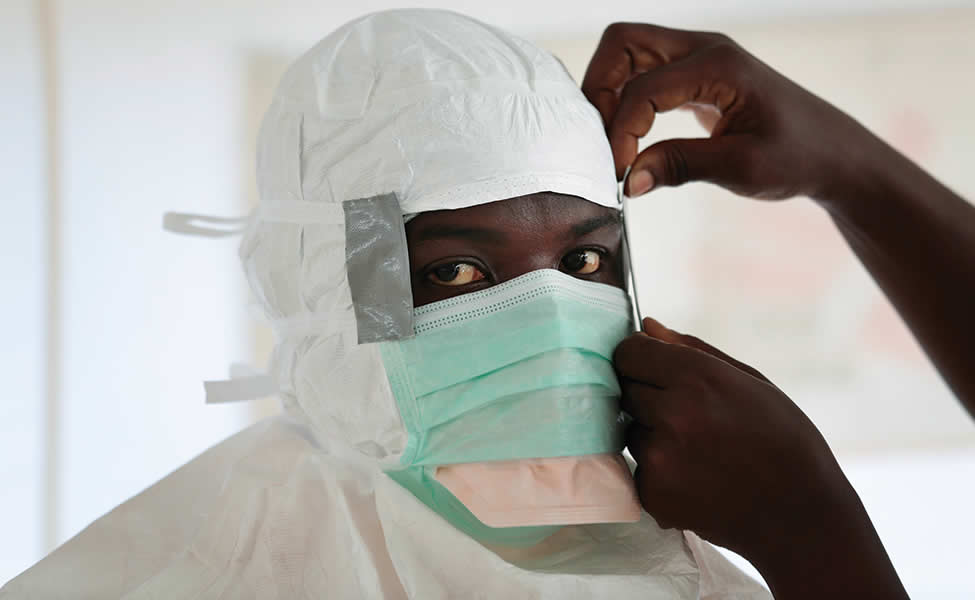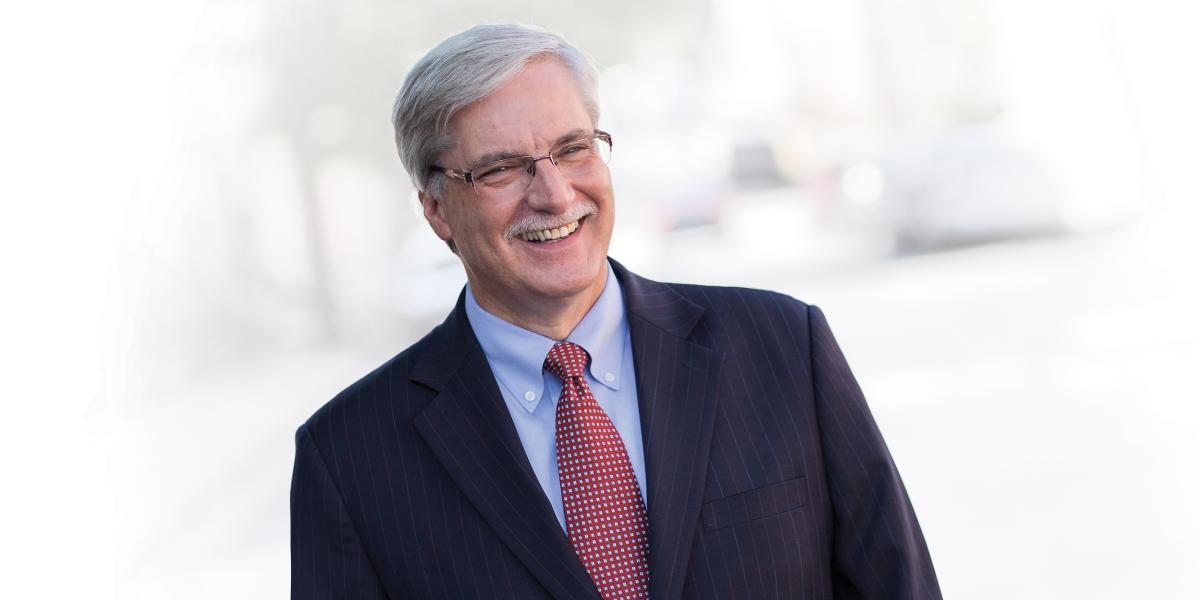Open Mike: The “I” Word
Infrastructure—from health systems to highways—isn’t exciting, but it is crucial.
A sure way I have found to get people’s eyes to glaze over is to talk about the importance of infrastructure in maintaining the health of populations. Just a few minutes is all it takes for the audience’s mind to start wandering and for some to nod off.
Ebola has changed all that.
The outbreak in West Africa taught us infrastructure’s crucial role in fighting disease. Pathogens like the Ebola virus love weak health systems, insufficiently trained and poorly paid health care workers, ineffective disease surveillance and reporting systems, ill-equipped clinics and hospitals, and so on.
But it is not just about health systems. Take refrigeration, for example. Without a safe way to store food, people have to go to the market daily. They can’t comply with quarantines unless there is an effective way to get them food—one that does not place delivery personnel at risk.
There are a host of other vital pieces of infrastructure. Communication networks are essential for identifying outbreaks and tracking contacts of infected persons. Transportation is needed to get health care workers to the field and sick people to clinical care facilities. Once patients arrive, intravenous lines, personal protective gear and trained medical staff are essential to proper treatment and prevention. All of these resources were missing in West Africa.
West African nations are some of the poorest countries on earth. Per capita GDP in Liberia, Sierra Leone and Guinea is $454, $809 and $527, according to the World Bank. (In comparison, U.S. and German per capita GDPs are $53,143 and $45,085.) Even if a country like Guinea is perfectly administered for the common good, there are precious few resources to protect health and respond to fast-moving epidemics and other challenges to health.

Where to start? Countries don’t develop overnight. Highways, health systems and trained health care workers don’t just appear. They follow economic development, strengthening the rule of law and increasing the wealth of societies. We in public health don’t build highways, of course. Instead we build capacity—another boring term for an essential tool for improving health. The more people we can educate about the methods and strategies of public health, the more power developing countries will have. Low- and middle-income countries need physicians and nurses and hospitals, but they also need epidemiologists, research scientists, trained community health workers, managers and leaders who understand data, systems thinking and ways to leverage the power of prevention. When we train students who return to their countries, we have an exponential impact on health.
Let me give you an example from the Ebola crisis. First, we held a symposium to bring together experts to inform the world of the state of knowledge about Ebola. Over 6,000 people watched it online, and it touched over 1 million people through social media within the next week. As governments and NGOs responded to the crisis on the ground, we also sought to help.
One of the efforts I’m most proud of is our recent work with our friends in the Democratic Republic of Congo (DRC) to respond to West Africa’s outbreak. The DRC has the greatest experience in the world in treatment and prevention of Ebola. Since the virus’s first documented appearance in 1976, the DRC has suffered seven outbreaks. Congolese health officials and workers, in collaboration with international colleagues, have learned how to respond to and control these outbreaks. And they did so largely without the benefit of the developed world’s resources. Though outbreaks primarily occurred in small villages, not in cities, the DRC experience is not only admirable in hindsight but may prove essential in the future.
His Excellency Joseph Kabila Kabange, president of the DRC, has offered to send 1,000 health workers experienced and trained in fighting Ebola to West Africa. To assist the DRC in making this incredibly brave and generous project happen, the Bloomberg School, along with faculty in the School of Nursing and School of Medicine, is acting as a trusted partner of both the DRC and countries in West Africa to create a set of standard operating procedures and training materials. The Congolese will train local health workers in ways to confront the lethal virus—sharing knowledge and building capacity and infrastructure. Teams of 30 Congolese have already been deployed to Guinea and Mali, with more on the way.
When I spoke to Tolbert Nyenswah, our alum and the senior assistant minister of health of Liberia in charge of the Ebola response, I asked him how we could help. His answer was direct and firm: Train more people like me and get them to West Africa.
That’s infrastructure. It’s the ability to prevent deaths and save lives—especially in times of crisis.

February 2015
